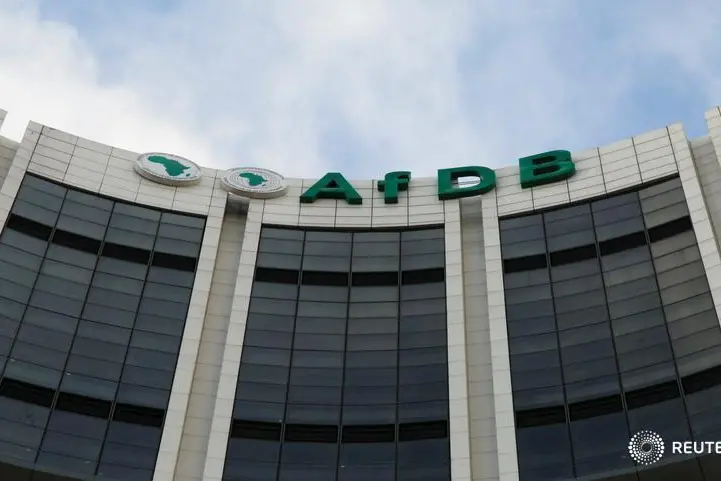PHOTO
At COP27 conference in Sharm El-Sheikh, the African Union (AU), the African Development Bank (AfDB) and Africa 50 Group, in partnership with several global partners, have launched the Alliance for Green Infrastructure in Africa (AGIA), an initiative to help scale up and accelerate funding for green infrastructure projects in Africa.
The global cooperating partners working with the African Union, the African Development Bank and Africa 50 are the African Union Development Agency (AUDA), the European Investment Bank (EIB), the European Bank for Reconstruction and Development (EBRD), the French Development Agency, the Rockefeller Foundation, the United States Agency for Trade and Development (USTADA), the Global Adaptation Center (GCA), the Private Infrastructure Development Group (PIDG) and the African Sovereign Investors Forum.
The mission of the Alliance is to raise substantial capital to accelerate Africa’s equitable and fair transition to net zero emissions, with two strategic objectives. The first is to prepare a number of privately financed transformative projects. The second is to catalyze financing on the scale and speed of Africa’s green infrastructure.
Partners have identified their work on several pillars: project preparation and development. This pillar supports the shift of projects from idea to thoughtful, fundable proposals.
It also implements a strong number of green, bank-financed infrastructure projects, and project classifications.
This pillar sets out green eligibility criteria and guidelines for project classification of infrastructure projects. It also provides technical assistance for capacity-building within the public and private sectors, co-financing and risk removal. The pillar provides risk-removal tools to facilitate investment and a clear framework for mobilizing equity and debt finance for green infrastructure from AGIA members and other sources.
The AGIA will raise $500m to provide capital for early enterprise development, which is the capital that will prepare a large number of fundable projects, from initial feasibility to commercial and financial closure. This is expected to mobilize investments of up to $10bn in green infrastructure. This will be mobilized through a combination of joint investment, co-financing, risk mitigation and co-financing by members of the Alliance. This capital will also be drawn from other financial institutions, global and African public and private institutional investors, project sponsors, the sovereign operations of multilateral development banks and bilateral donors to the G-20.
The Alliance focuses on energy, transport, water and sanitation, health infrastructure, broadband infrastructure and urban and rural infrastructure.
It will support large-scale programs, such as large-scale solar projects or green hydrogen projects, as well as smaller venture capital initiatives such as clean technology projects, energy storage or e-mobility solutions.
“As African institutions, we must focus on early-stage project preparation, removing risks from interventions and building a strong business environment to attract investors from all over the world, ” said Commissioner of the African Union for energy and infrastructure Amani Abuzaid.
© 2022 Daily News Egypt. Provided by SyndiGate Media Inc. (Syndigate.info).





















